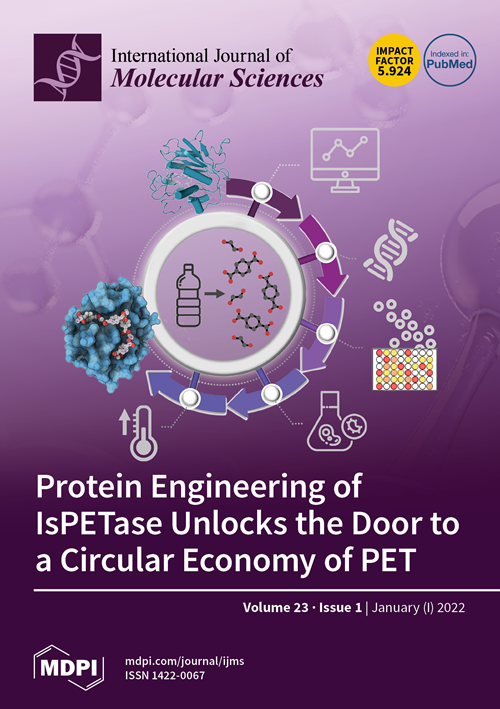饮食对肠道噬菌体的影响
IF 4.9
2区 生物学
Q1 BIOCHEMISTRY & MOLECULAR BIOLOGY
引用次数: 0
摘要
随着对肠道微生物组的了解,我们对人类宿主与其微生物成分之间的共生和失调关系有了更深入的认识,胃肠道(GI)微生物对肠道内外的影响也变得显而易见。目前,细菌群的变化已与多种疾病相关,包括克罗恩病(CD)、溃疡性结肠炎(UC)、肠易激综合征(IBS)、阿尔茨海默病、帕金森病、肝病、肥胖症、代谢综合征、焦虑症、抑郁症和癌症。肠道中的细菌依靠我们所吃的食物生长,因此饮食在肠道微生物组的功能方面起着至关重要的作用,不仅影响健康,还影响疾病的发展。细菌微生物组与疾病的关系研究得很清楚,但与之相关的肠道噬菌体--生活在细菌微生物组中的噬菌体--却不那么为人所知。越来越多的证据表明,噬菌体群的波动也与菌群失调有关,因此需要更好地了解饮食是如何影响噬菌体群的。这篇综述探讨了目前人们对饮食对肠道噬菌体影响的认识。本文章由计算机程序翻译,如有差异,请以英文原文为准。
Dietary Effects on the Gut Phageome
As knowledge of the gut microbiome has expanded our understanding of the symbiotic and dysbiotic relationships between the human host and its microbial constituents, the influence of gastrointestinal (GI) microbes both locally and beyond the intestine has become evident. Shifts in bacterial populations have now been associated with several conditions including Crohn’s disease (CD), Ulcerative Colitis (UC), irritable bowel syndrome (IBS), Alzheimer’s disease, Parkinson’s Disease, liver diseases, obesity, metabolic syndrome, anxiety, depression, and cancers. As the bacteria in our gut thrive on the food we eat, diet plays a critical role in the functional aspects of our gut microbiome, influencing not only health but also the development of disease. While the bacterial microbiome in the context of disease is well studied, the associated gut phageome—bacteriophages living amongst and within our bacterial microbiome—is less well understood. With growing evidence that fluctuations in the phageome also correlate with dysbiosis, how diet influences this population needs to be better understood. This review surveys the current understanding of the effects of diet on the gut phageome.
求助全文
通过发布文献求助,成功后即可免费获取论文全文。
去求助
来源期刊

International Journal of Molecular Sciences
Chemistry-Organic Chemistry
CiteScore
8.10
自引率
10.70%
发文量
13472
审稿时长
17.49 days
期刊介绍:
The International Journal of Molecular Sciences (ISSN 1422-0067) provides an advanced forum for chemistry, molecular physics (chemical physics and physical chemistry) and molecular biology. It publishes research articles, reviews, communications and short notes. Our aim is to encourage scientists to publish their theoretical and experimental results in as much detail as possible. Therefore, there is no restriction on the length of the papers or the number of electronics supplementary files. For articles with computational results, the full experimental details must be provided so that the results can be reproduced. Electronic files regarding the full details of the calculation and experimental procedure, if unable to be published in a normal way, can be deposited as supplementary material (including animated pictures, videos, interactive Excel sheets, software executables and others).
 求助内容:
求助内容: 应助结果提醒方式:
应助结果提醒方式:


